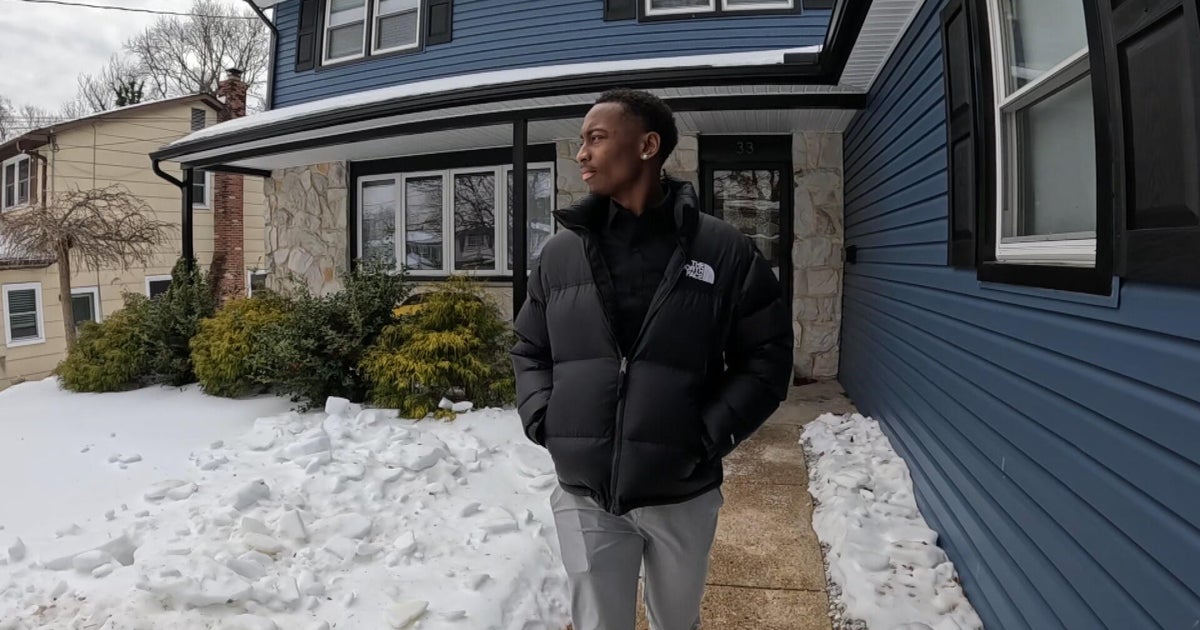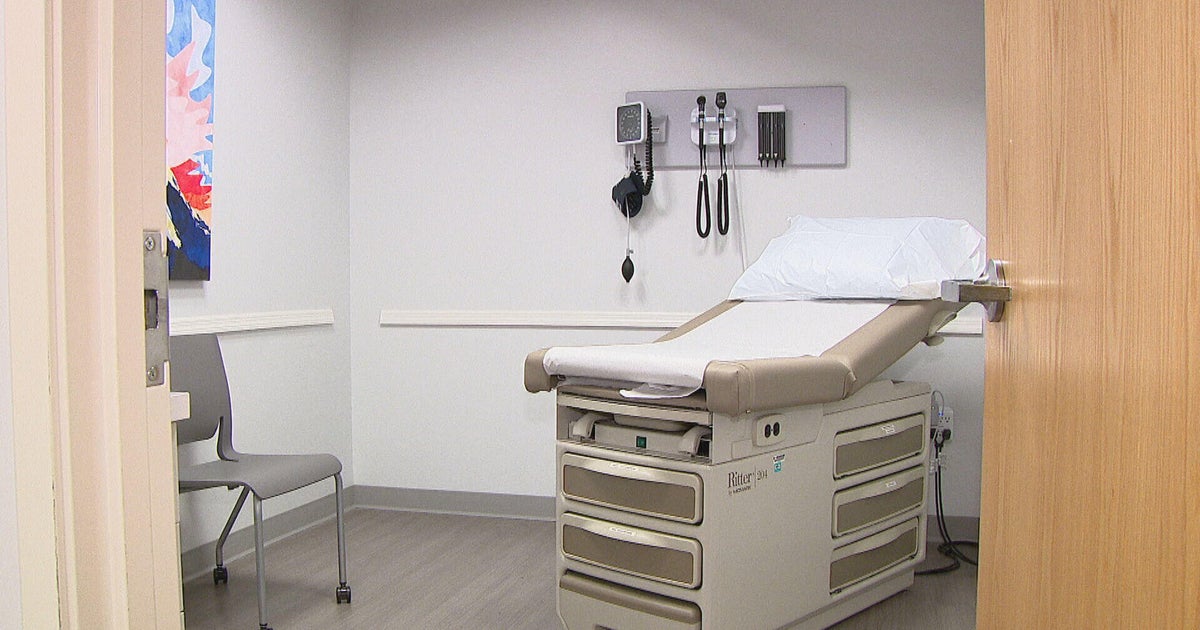New Radiation Treatment Cutting Down On Side Effects
DALLAS (CBSDFW.COM) - Radiation therapy for cancer can come at a cost with long treatments and difficult side effects. But now, new technology here in North Texas is cutting back on both while giving patients more hope of finally beating their disease.
68-year old Carolyn Venetoff from Euless is getting ready for a brand new treatment to fight her cancer.
"It is in my brain, in my upper left lung now, and in the bones," Venetoff said of the cancer.
Standard chemotherapy and radiation haven't stopped her cancer from spreading, but doctors hope the ultra-targeted and high-dose radiation from the new Vero machine can stop her tumors from growing.
"I hope that it just keeps it from spreading anymore and stops the activity which will help," Venetoff said.
The Vero machine - which is housed at the Simmons Comprehensive Cancer Center at UT Southwestern - is the latest in radiation technology, and it's the only one of its kind in North America.
"This is a very exciting time in the field of radiation therapy and particularly at UT Southwestern," said Dr. Timothy Solberg who oversees treatments with the Vero. "In rotating this way and then rotating this way we can keep, mechanically, a very tight focused spot."
The machine is equipped with on-board x-ray imaging which technicians use to make sure the patient is in the perfect spot.
"On the order of a few hundreths of a millimeter - that's how accurate this machine can move," explained Dr. Solberg.
Because its so precise in its movement, doctors can now avoid damaging normal tissue by directing the full extent of the radiation to the tumor.
"The more normal tissue we can avoid, the less side effects," said Dr. Solberg.
Instead of multiple treatments over a number of days, as is the case with standard radiation, patients treated by Vero may only have to come in once.
"I think it's wonderful," said Venetoff. "Just come in, get it over with and I don't have to worry about it."
Dr. Solberg says patients with cancer in sensitive areas like the lungs, brain, spine, and pancreas will benefit the most from this highly targeted therapy.







